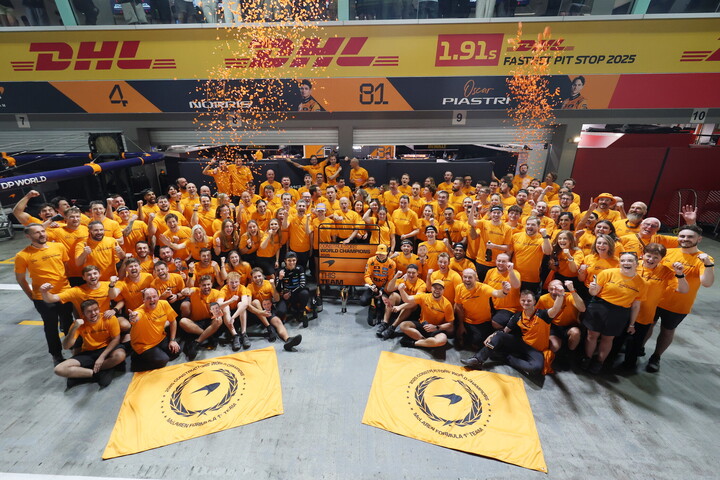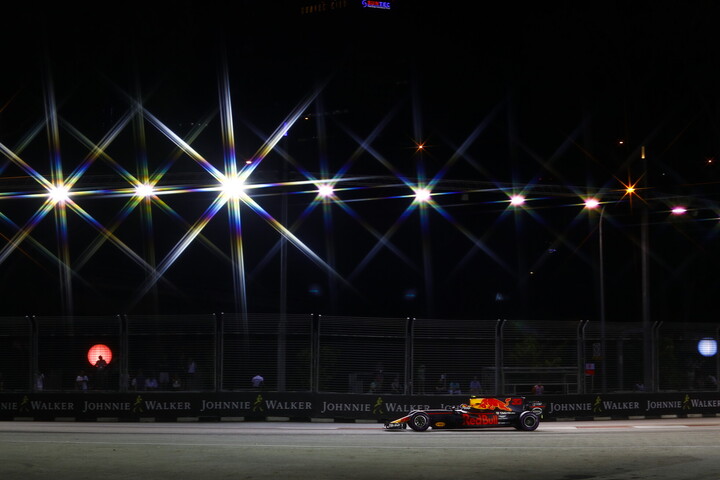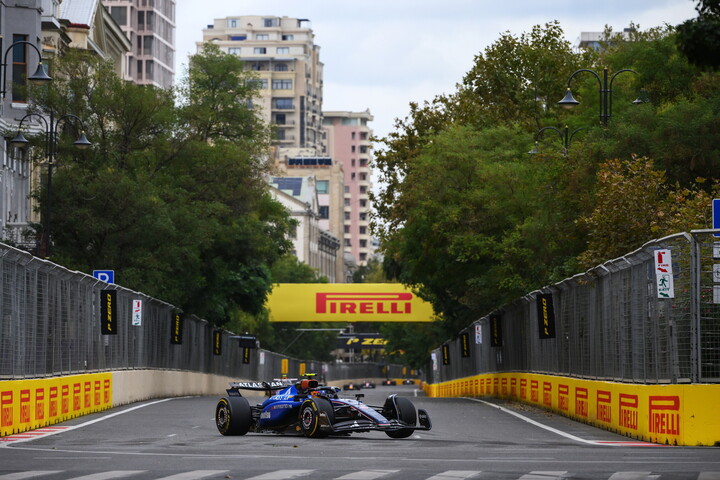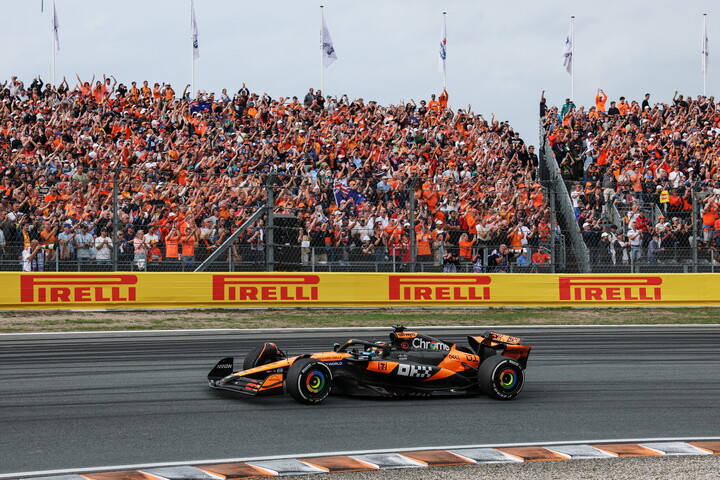A step forward for a more sustainable Formula 1

The 75th running of the FIA Formula One World Championship began on March 2 in Bahrain with a new logo making its debut: the stylised profile of a tree, which denotes Forest Stewardship Council™ certification.
Known as the ‘FSC™', this is a non-governmental and multi-stakeholder organisation that's the world leader for sustainable management of forests: a reasonably familiar name these days to everyone who uses any products derived from forests – such as paper or wood.
From this year, all the tyres supplied by Pirelli to the pinnacle of motorsport are FSC™-certified, underlining the company's responsible production and use of natural rubber, along with all other ingredients derived from forests (which in total equate to around 15% of the weight of a Formula 1 tyre).
This is the first time that an FSC™-certified tyre has been used in racing and it's no coincidence that it was Pirelli to introduce this innovation. The Italian firm was also the first to equip a road car – the BMW X5 xDrive45e – with FSC™-certified tyres, back in 2021.
The debut of the FSC logo in Formula 1 is an important step forward that reflects Pirelli's commitment to bringing increasingly sustainable performance and technology to motorsport, starting from the very top. It's a move that also emphatically demonstrates how maximum performance and sustainability are far from being mutually exclusive.

The adoption of FSC™-certified tyres in Formula 1® also represents an important step within the bigger picture of sustainability. Within motorsport, Pirelli has already undertaken various initiatives to reduce the environmental impact of its operations. This includes the exclusive use of electricity from certified renewable sources in the production of all F1, F2, F3, and F1 Academy tyres, as well as their transformation after use into secondary raw materials for multiple uses. All this contributes to environmental circularity, with no waste.
As Pirelli's Executive Vice President Marco Tronchetti Provera points out, motorsport is the company's “open-air laboratory” for testing cutting-edge new technology that combines performance and sustainability. The FIA and Formula 1 have also expressed their keen enthusiasm for this initiative, recognising the importance of a joint commitment towards increasingly ambitious environmental objectives.
But what does FSC™ certification actually mean? Put simply, it's an international recognition that certifies the sustainable management of materials of forest origin. This certification guarantees that plantations are managed to preserve biodiversity, local communities are helped, and support for the local economy is also ensured (while ensuring that natural rubber production doesn't cause deforestation).

Companies that obtain FSC™ certification have to follow strict environmental, social and economic guidelines. These standards are set to protect local flora and fauna habitats, conserve water, prevent soil erosion, and ensure that workers receive fair wages and operate in safe conditions. The certification process also requires a transparent “chain of custody” throughout the supply process, ensuring that all certified material is distinctly separated from non-certified material, from plantation all the way to tyre production.
Fabian Farkas, the Forest Stewardship Council's Chief Commercial Officer, said: “The FSC™ certification and logo set the benchmark for sustainable forest management. The automotive industry must act to alleviate the pressure that natural rubber supplies place on forest ecosystems and communities. We applaud Pirelli's leadership when it comes to addressing these complex environmental and socioeconomic challenges. This shows that sustainability and performance can definitely co-exist – and the FSC™ stands ready to support companies who want to follow suit all over the world.”
FSC™ certification of the natural rubber used in Pirelli's Formula 1 tyres is part of the Italian firm's long-term plan to sustainably manage the natural rubber supply chain. This occurs through a roadmap of activities based on training and the sharing of good practices in the countries of origin of each material, in line with the principles and values set out in Pirelli's Sustainable Natural Rubber Policy, launched in 2017.
This important document is the result of consultations with key stakeholders in the natural rubber value chain, including international NGOs, Pirelli's main natural rubber suppliers, growers and traders in the supply chain, and automotive customers as well as global multilaterals.




